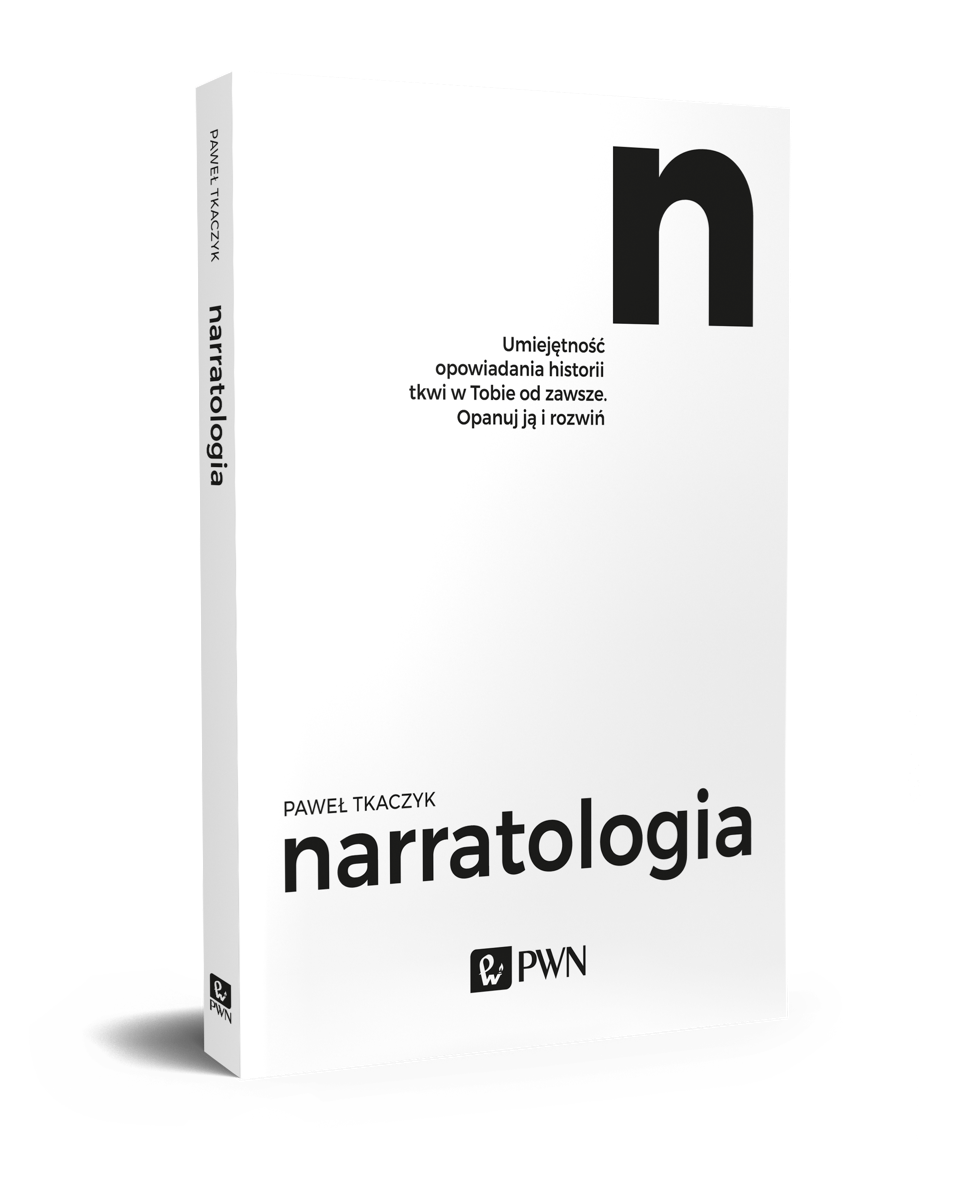

FIRSTLY…
Paweł Tkaczyk is skillfully showing us the truth that is seemingly obvious but still neglected – creating good stories is an art you can master. Talent is necessary, of course, but without knowing the craft, you’ll be acting blindly. If you’d rather be effective – of course you would! – you need to know how to get to the listeners, that is know who they are, what they need and what story is going to move them. What language to choose. This is key, it all starts with a language, without it no story could be told.
Is a good story always essential? I believe it is, in every creation, and particulalry in those publications which are aimed to support very particular business goals. For this reason I highly recommend Paweł’s book to everyone who is already doing content marketing, but also to those right at the beginning of the path. – Ula Radzińska added.
SECONDLY…
We learn about the power of words – and why it’s important to take responsibility for words and what effect they can have. In one of the first chapters the author writes about the famous story of Orson Wells’ radio broadcast based on his novel about aliens invading the USA and the panic it provoked among American citizens. People fled their homes and it took some time before they believed this was only fiction. This makes you realize how you can impact reality with words. Paradoxically, this hasn’t changed even now that you can easily check every piece of information on the Internet, because you can just as well misinform people with false news. Maybe we wouldn’t believe in aliens anymore, but who knows…
THIRDLY…
You get to understand the mechanisms behind creating stories that touch the nerve. On which surfaces you can evoke a reaction, how to maintain the attention and make them want more? Paweł Tkaczyk refers to a study by neuropsychologist Christian Keysers, author of “The Empathic Brain,” which researches they way the brain reacts when we watch a movie. When the character in the film is balancing on the edge of the roof, your heart starts beating faster. This is because the same areas in our brains get activated when we experience something personally and when we watch somebody else experience it. So when someone is vividly reacting to a movie there’s no point telling them: This is only a movie. Each story is a dose of emotions. The better the story, the more emotions and the better we remember them.

FOURTHLY…
You find out how a good story differs from news, advertising or a presentation. A story must be about someone – not necessarily a man (we know very well that someone can be, for instance… a green ogre). If the listeners are interested in the protagonist, they will want to follow his deeds and observe his emotions, but they will also want to feel those emotions themselves. The role of emotions is to draw attention and cause reaction – by giving the protagonist the right features you can steer with emotions such as tenderness, affection, indulgence, admiration – whatever you need.
The universal story patterns have been topical ever since the dawn of humanity to the recent times, and the evolution has tooled us up with behavior patterns which are largely predictable. Knowing that – you can create superstories.
PS. Personally, “Narratologia” has made me realize why I felt collywobbles after watching “The Ring.” I remember telling friends that I felt real fear during the picture show. Now I know it WAS real fear.
Kategorie: school of contentic